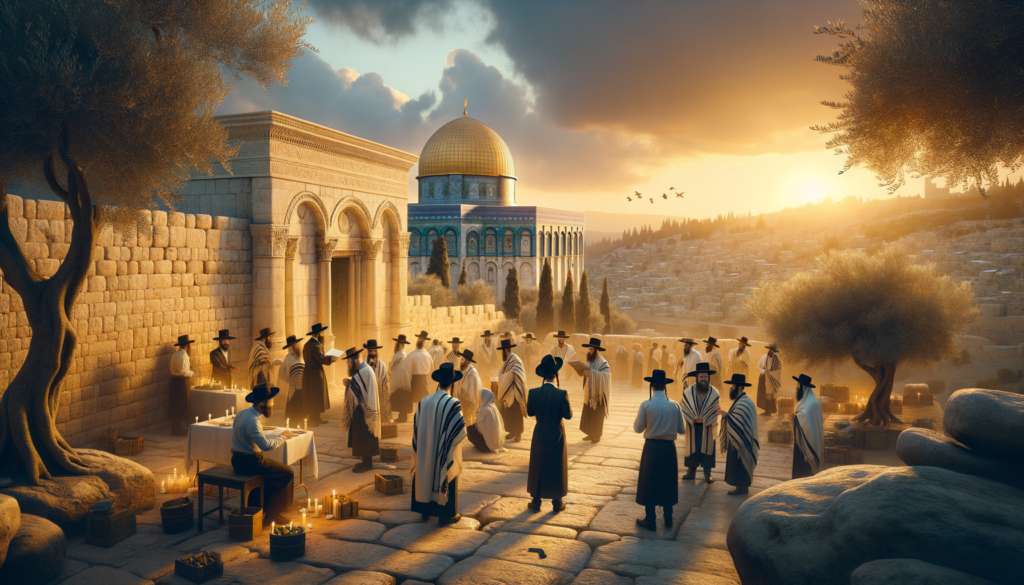
The Prophet Zechariah: A Message of Hope and Restoration
In the Hebrew tradition, names carry immense weight and often reflect the character or destiny of the individual. The name Zechariah (זְכַרְיָה) is a beautiful example of this. It is a combination of two Hebrew words: ‘Zachar’ (זָכַר), meaning ‘to remember,’ and ‘Yah’ (יָה), a shortened form of the Divine Name. Thus, the name Zechariah poignantly means ‘The Lord has remembered.’ This name was not just a label; it was a living message. For a community that had just returned from a long exile in Babylon, feeling perhaps forgotten, the prophet’s very name was a source of comfort and a...





